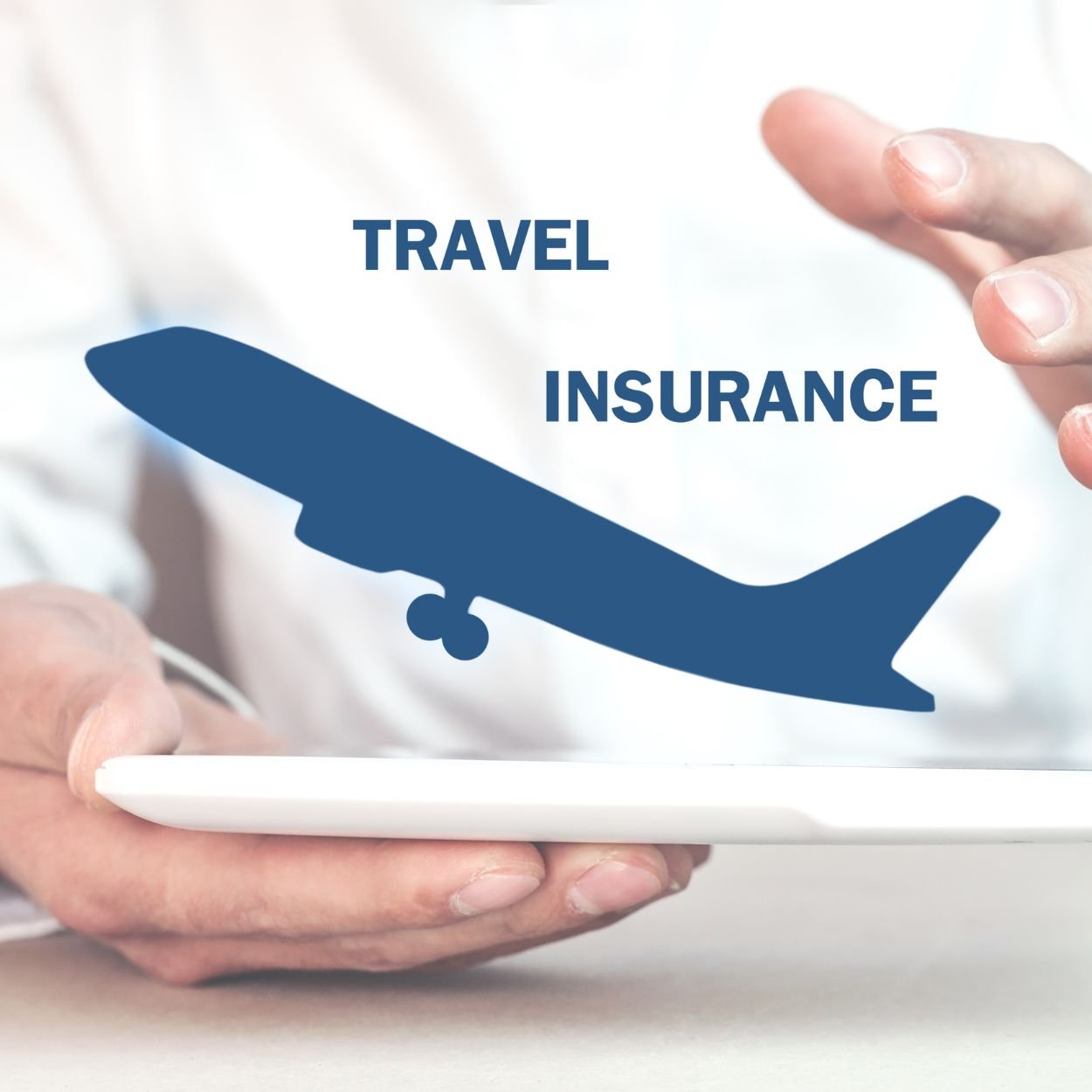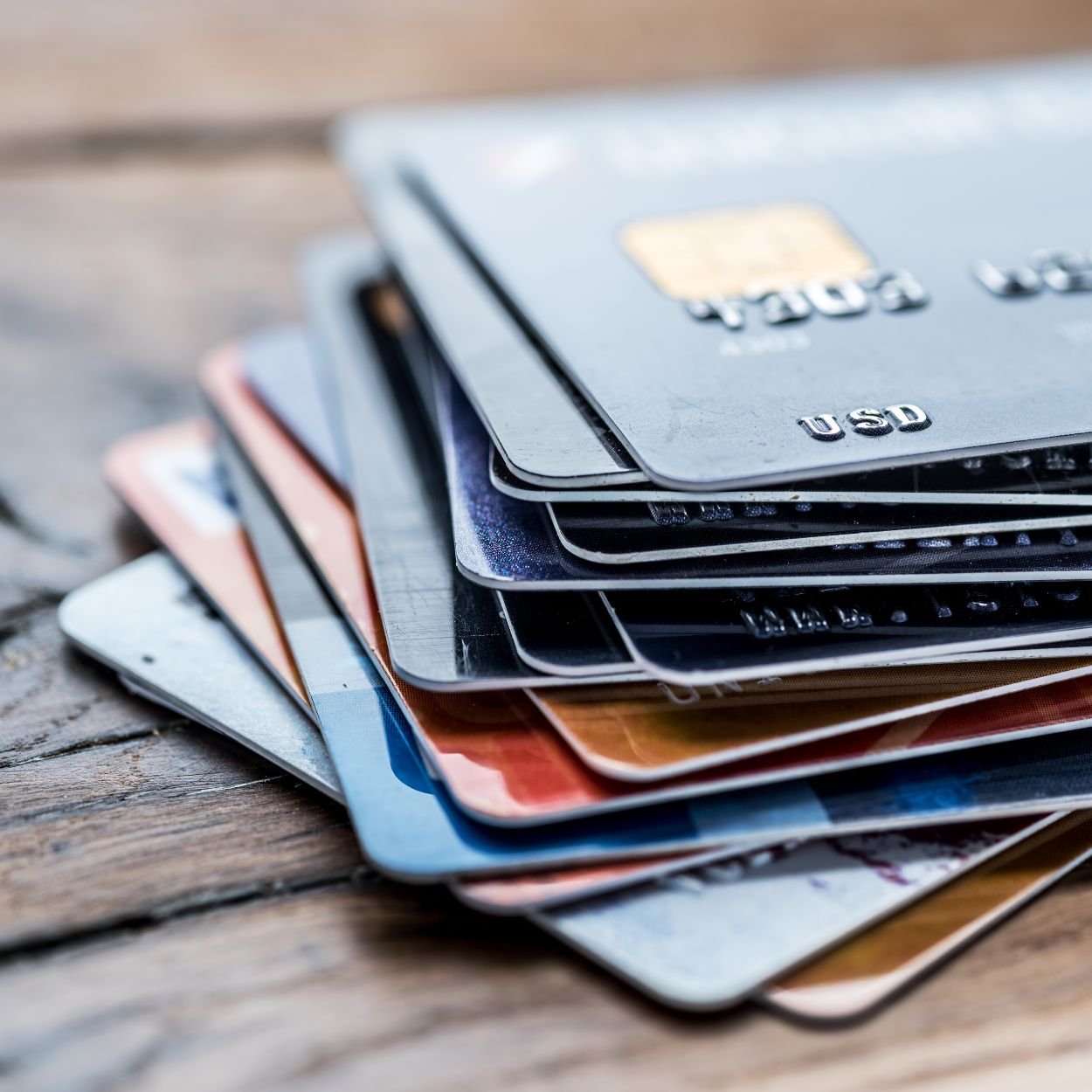If you travel as much as I do, you know that adventures can throw you curveballs. Sometimes they are good, like stumbling onto a local festival you did not know about. Other times they are not so good, like a canceled flight, a lost suitcase, or a rental car scrape in a foreign city. That is why I think credit cards with travel insurance are some of the most valuable tools any traveler can carry.
I have had these benefits save my trip and my wallet more times than I can count. I have been reimbursed for hotel stays during long delays, covered for essentials when my bag was missing for days, and even had rental car insurance pay for damage without touching my personal auto policy.
In this complete guide, I will help you:
- Understand what travel insurance from credit cards actually covers
- Learn how rental car insurance works through your credit card
- Compare the best credit cards with travel insurance for 2025
- Avoid common mistakes when relying on card protections
- Maximize your card’s trip delay insurance, luggage delay insurance, and other benefits so you are never caught unprepared
Why Travel Insurance From Credit Cards Matters
When I am planning a trip, I am focused on flights, hotels, and adventures. But travel can be unpredictable. Flights get delayed, luggage gets lost, and sometimes emergencies force you to change your plans.
Buying separate travel insurance for every trip can add up fast, especially for frequent travelers. That is why having insurance built into your credit card is a huge win. It saves you money, adds convenience, and still gives you the peace of mind that you are covered for common travel issues.
Travel insurance from your credit card can include:
- Trip delay: for unexpected overnight stays
- Luggage delay: so you are not stuck wearing the same outfit for days
- Rental car: so you can skip the expensive counter upsell
- Trip cancellation coverage for emergencies
- Emergency medical benefits on certain premium cards
If you do not already have a strong travel rewards card, start by checking the latest best credit card bonuses — many of these cards combine great rewards with comprehensive travel protection.
How Credit Card Travel Insurance Works
Not all credit cards with travel insurance are created equal. Before you rely on your card, you should understand how the coverage works and what it takes to qualify for a claim.
1. You Must Pay for the Trip With the Card
This is the golden rule. If you do not pay for your flights, hotel, cruise, or tour package with your eligible credit card, the insurance coverage may not apply. I always make sure my big-ticket trip expenses are charged to my primary travel card so my coverage is active.
2. Coverage Applies Only to Covered Events
Travel insurance from your card will not pay out if you simply change your mind about a trip. Covered events include illness, injury, severe weather, airline-caused delays, and other specific disruptions listed in your card’s benefits guide.
3. Always Read the Benefits Guide
A 6-hour delay might qualify for insurance on one card but not on another. The dollar limits for luggage delay insurance can vary widely as well. I keep my card’s PDF benefits guide saved on my phone so I can reference it quickly while traveling.
Note: Always read the benefits guide carefully. The U.S. Consumer Financial Protection Bureau explains how to understand credit card travel insurance terms.
Types of Travel Insurance Your Credit Card Might Offer
The best credit cards with travel insurance often include several types of protection. Here is what to look for:
Trip Delay Insurance
Reimburses you for hotel stays, meals, and transportation when your trip is delayed beyond a set number of hours (often 6–12). For example, my Chase Sapphire Reserve covered a $250 hotel night, dinner, and taxi after my flight was grounded overnight in Chicago.
Trip Cancellation and Interruption Insurance
If you have to cancel your trip before departure or cut it short for a covered reason like illness, injury, or severe weather, this coverage can reimburse nonrefundable travel costs.
Luggage Delay Insurance
If your checked bags arrive late, luggage delay insurance covers the cost of essentials like clothing, toiletries, and chargers until your luggage is returned. I used this in Paris when my suitcase decided to stay in Amsterdam for an extra two days.
Lost Luggage Reimbursement
If your luggage is lost or stolen entirely, this coverage can reimburse you for the value of your belongings, up to the policy limit.
Emergency Medical Coverage
Some premium cards include international emergency medical and evacuation coverage. This is especially valuable for adventure travel or remote destinations.
Rental Car Insurance
Also called collision damage waiver (CDW), rental car insurance from your card covers theft or damage to your rental vehicle when you decline the rental company’s insurance.
My Top Picks for Credit Cards With Travel Insurance
I have researched and used many cards over the years. These are the credit cards with travel insurance and rental car insurance benefits I recommend most for 2025.
Chase Sapphire Reserve
- Trip Delay Insurance: Up to $500 per ticket for delays of 6+ hours
- Trip Cancellation/Interruption: Up to $10,000 per person
- Luggage Delay Insurance: $100/day for up to 5 days
- Rental Car Insurance: Primary coverage worldwide
- Why I love it: This card has saved me thousands in claims and comes with great travel perks like Priority Pass lounge access.
- Current bonus: Chase Credit Cards and Cash Back Cards Bonuses
Chase Sapphire Preferred
- Lower annual fee than the Reserve but still strong travel insurance benefits
- Primary rental car insurance and solid baggage coverage
Capital One Venture X
- Good trip delay insurance and cancellation coverage
- Primary rental car insurance accepted worldwide
The Platinum Card® from American Express
- Strong luggage delay insurance and trip interruption coverage
- Optional Premium Car Rental Protection
United Club Infinite Card
- Best for frequent United flyers
- Includes robust travel insurance and primary rental car insurance
Why I Check My Benefits Before Every Trip
Even the best credit cards with travel insurance have exclusions and limits. Some policies exclude coverage in certain countries. Others exclude vehicle types like luxury SUVs from rental car insurance. A quick review of your benefits guide before departure can help you avoid expensive surprises.
How Rental Car Insurance From Credit Cards Works
If you have ever rented a car, you know the insurance upsell can be costly. With the right card, you can confidently decline it.
Primary vs. Secondary Coverage
- Primary: Pays for covered damage or theft without involving your personal auto insurance
- Secondary: Pays after your personal auto policy
What is Covered
Collision damage, theft, and sometimes loss-of-use fees from the rental company.
Common Exclusions
Luxury cars, exotic vehicles, motorcycles, and rentals in certain countries.
How to Activate Rental Car Coverage
To activate your rental car insurance benefit:
- Decline the rental agency’s collision damage waiver
- Pay for the rental with your eligible card
- Make sure the rental contract lists you as the primary renter
Common Mistakes Travelers Make
Even the most experienced travelers can make small errors that lead to big headaches when it comes to using your card’s built-in protections. These benefits are powerful, but they only work if you follow the rules and understand the fine print. Here are some of the most common mistakes I see and how to avoid them.
Forgetting to Use the Right Card
One of the easiest ways to lose your coverage is simply by booking your trip with a card that does not offer the benefit. If your flight, hotel, or cruise is charged to a debit card or a credit card without the right protections, you will not be covered.
I recommend choosing one main rewards card that you always use for trip purchases. That way, you never have to wonder if your coverage is active. Personally, I always charge my airfare and prepaid hotel stays to the same travel card so I know my benefits are in place from the start.
Not Keeping Receipts and Documentation
When you file a claim, the benefits administrator will require proof. This usually means receipts for expenses, copies of your boarding passes, and official documentation of the delay, loss, or damage.
For example, if you buy clothing while waiting for your bags to arrive, you will need receipts for each purchase. If your flight was delayed, you may need a written statement from the airline confirming the reason and length of the delay. I keep a dedicated folder in my email for all trip-related receipts and confirmations, and I also take photos of paper receipts just in case.
Assuming Unlimited Coverage
Even the most generous policies have limits. Coverage for a delay may only extend to a certain dollar amount per ticket, while reimbursement for delayed luggage might only cover a set amount per day for a limited number of days. If your expenses go beyond those limits, you will be responsible for the rest.
This is why it is so important to know your card’s exact coverage amounts before you travel. If I am going somewhere with very high hotel prices, I budget accordingly and plan for the possibility that my benefit will cover part, but not all, of an extended delay.
My Personal Wins With Credit Card Travel Insurance
- In Singapore, my trip delay insurance covered a hotel night, meals, and taxi rides when my connection was canceled due to weather.
- In Hawaii, my rental car insurance covered a bumper repair in full, saving me from filing a claim with my personal insurance.
How to File a Claim
- Contact the benefits administrator as soon as the incident happens
- Collect receipts, reports, and any required documentation
- Submit your claim within the time frame in your benefits guide (often 20–90 days)
When to Consider Separate Travel Insurance
Credit cards with travel insurance are powerful, but you might need separate travel insurance if:
- Your trip is longer than 60 days
- You are doing extreme sports or high-risk activities
- You want higher medical coverage limits than your card provides
Where to Find the Best Sign-Up Bonuses
If you want a card with great travel coverage and rewards, check these resources:
- Best Credit Card Bonuses for top offers from all issuers
- Chase Credit Cards and Cash Back Cards Bonuses for some of the best travel rewards cards
FAQs
Do all travel cards include rental car insurance?
No. Some offer only secondary coverage or none at all.
Does travel insurance cover COVID-19?
Most treat it like any other illness, but confirm before you travel.
Can I use my rental car coverage abroad?
Usually yes, but always check the exclusions list.
Conclusion
I believe that having the right card is not just a “nice-to-have” perk. It is an essential part of any frequent traveler’s toolkit. Whether you are heading out for a quick weekend escape or a months-long journey abroad, the right benefits can add an extra layer of protection that saves both your trip and your wallet.
Think about the peace of mind that comes from knowing you will be covered for a hotel and meals if your flight is unexpectedly grounded. Imagine arriving in a new country only to discover your bag is missing, yet still being able to pick up what you need without worrying about the cost. Or picture leaving the rental lot without paying for the agency’s expensive add-ons, confident you already have the protection you need.
The truth is, travel can be unpredictable, and even the best-laid plans can face unexpected challenges. When you combine strong protections with valuable rewards, you are not just safeguarding your plans, you are upgrading the entire experience.
The key is to choose the right option, understand exactly what it offers, and know how to use it. Once you do, you can set out on any trip knowing that if something goes wrong, whether it is a storm, a cancellation, or a missed connection, you have a safety net ready to step in.
So go ahead, find the one that matches your travel style, use it consistently when making bookings, and explore with confidence. The next time the unexpected happens, you will be glad you took that step.








